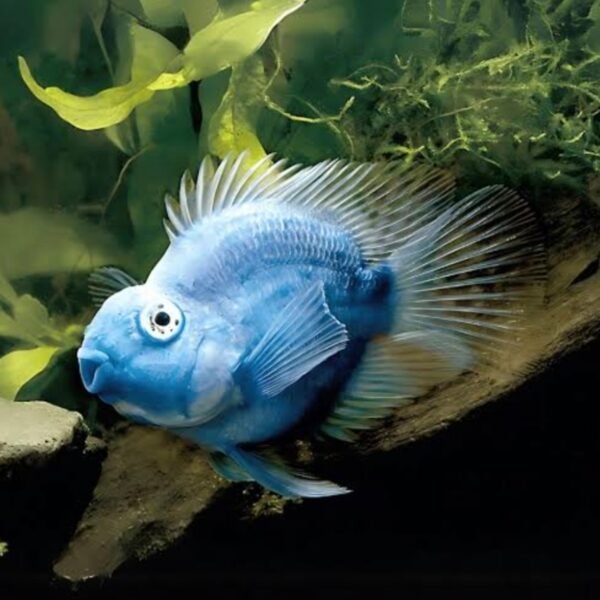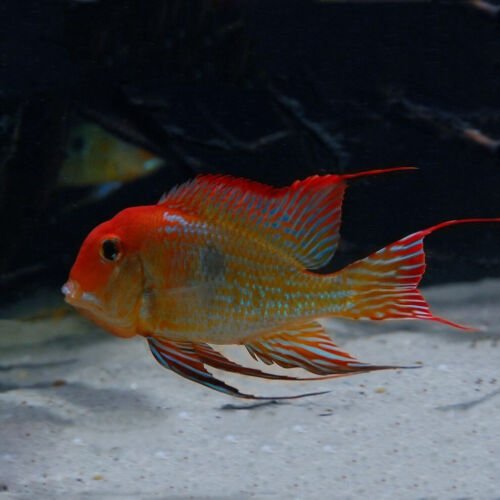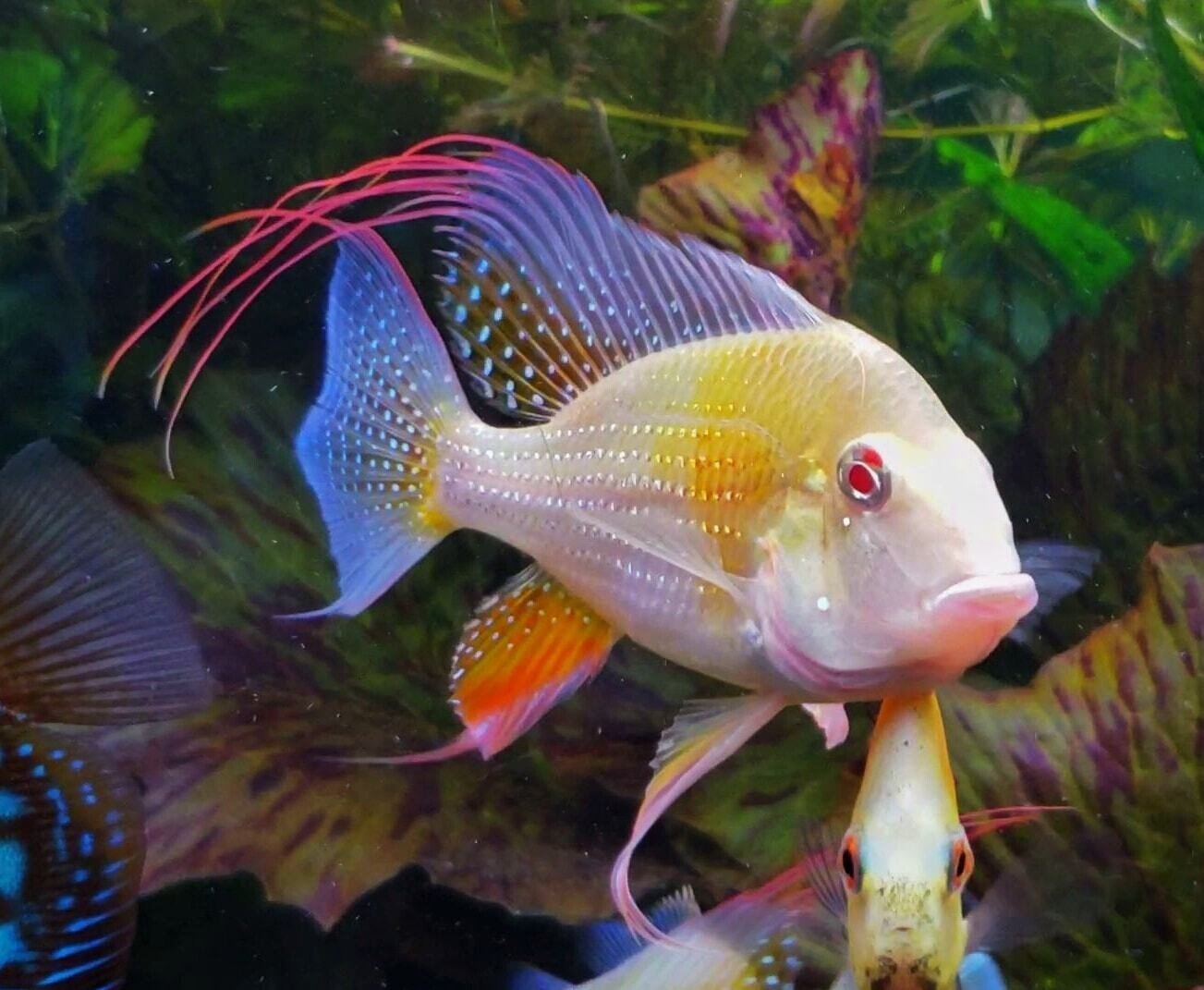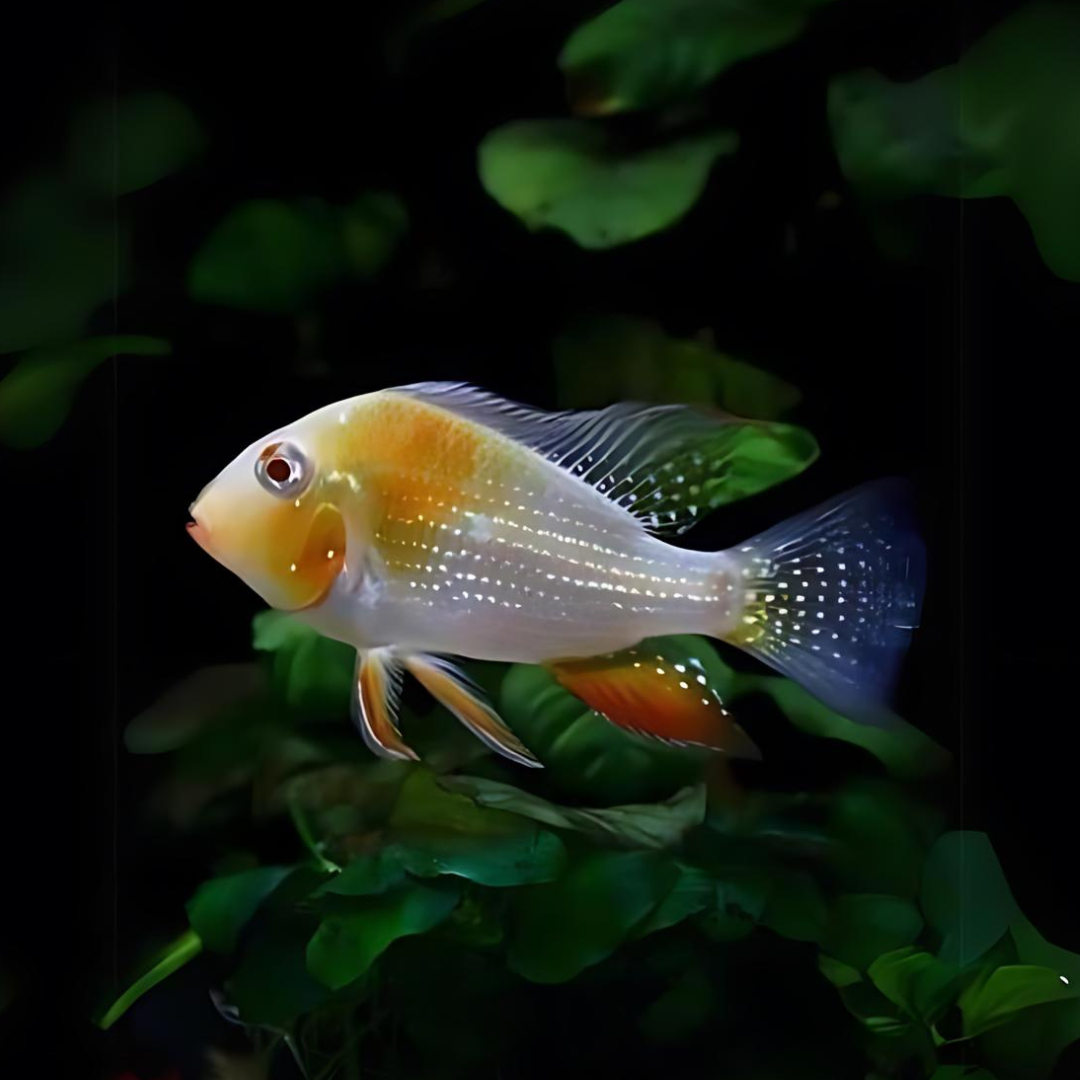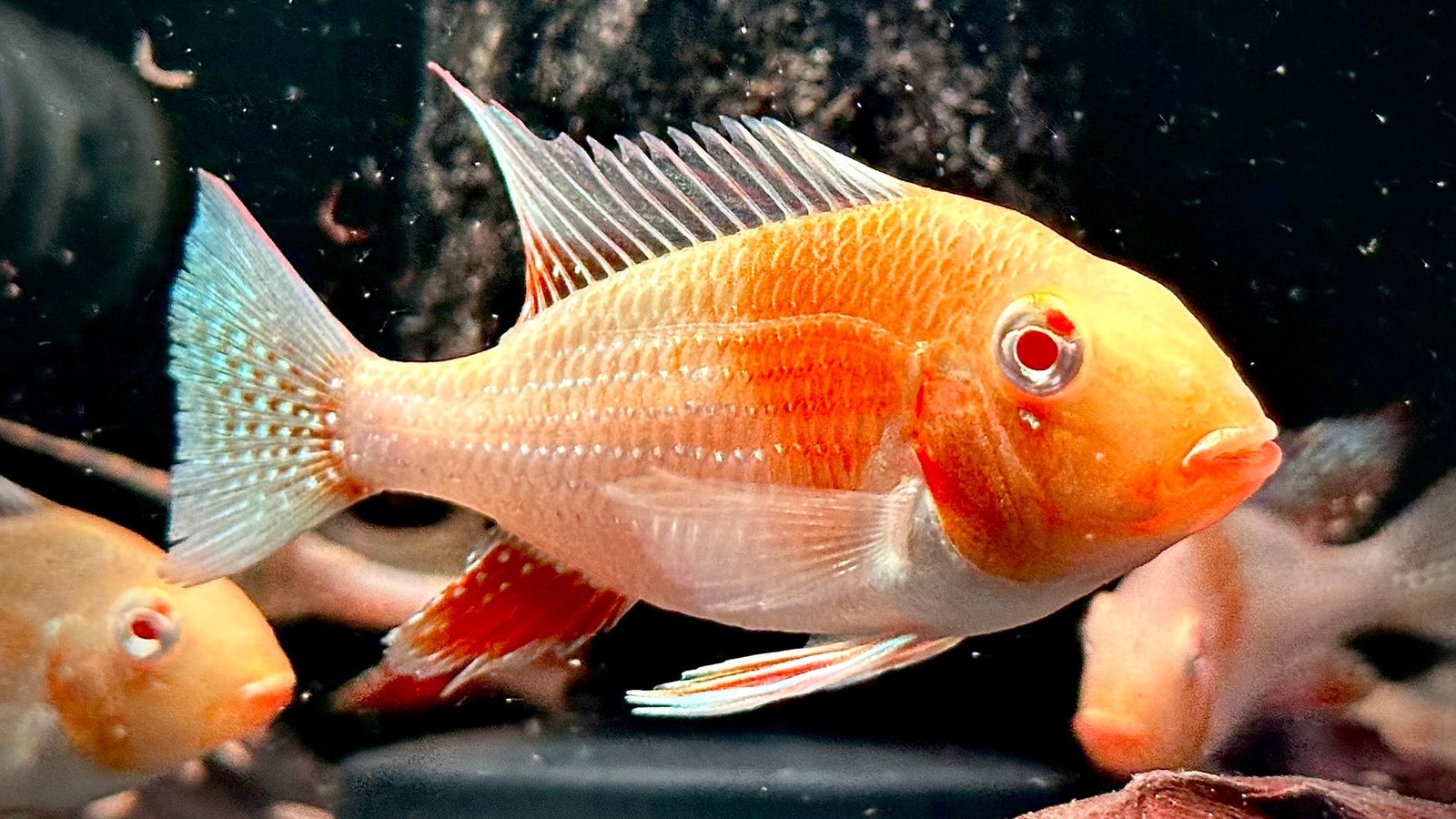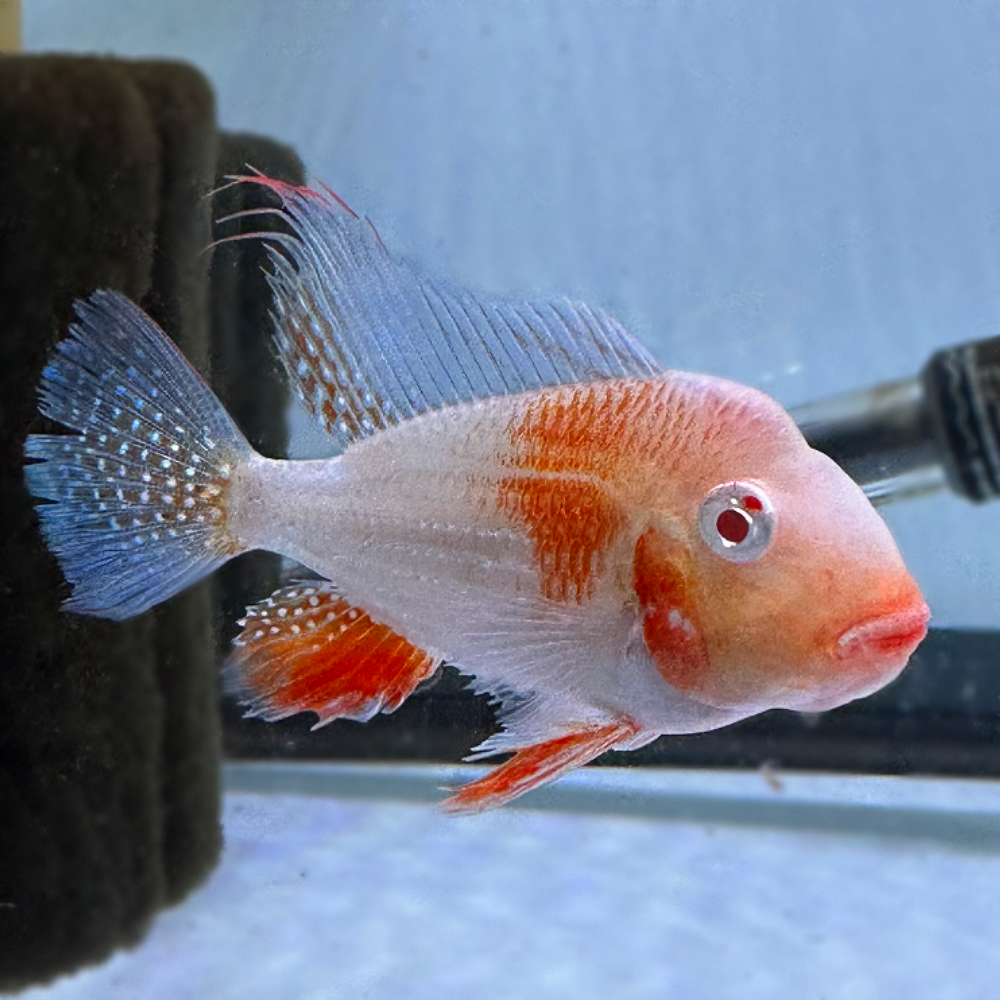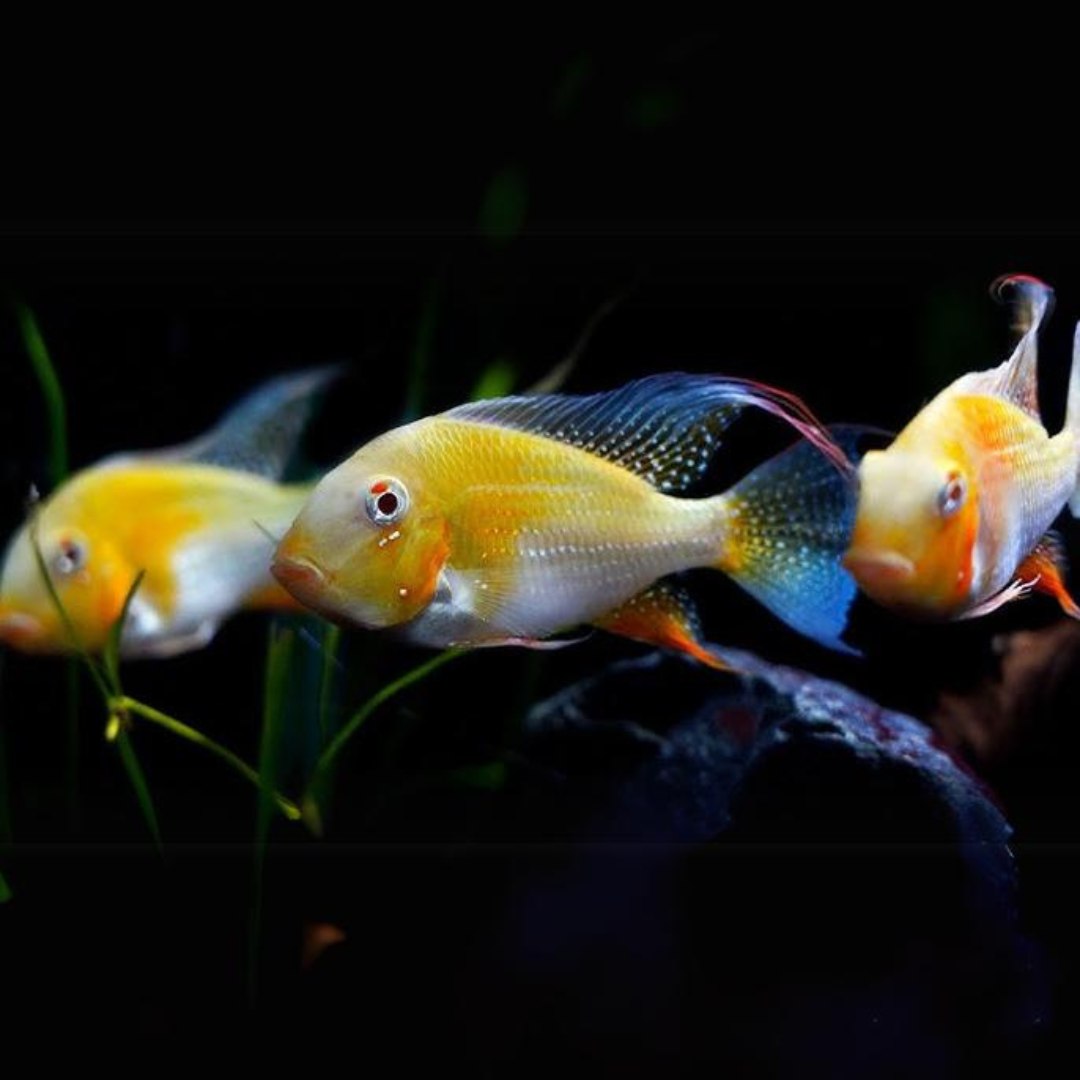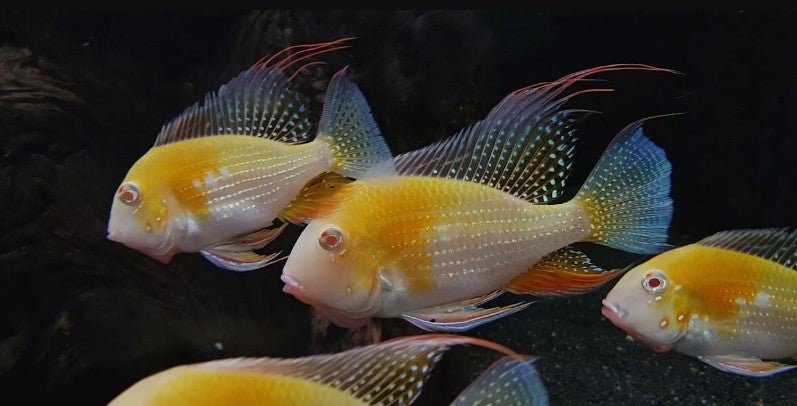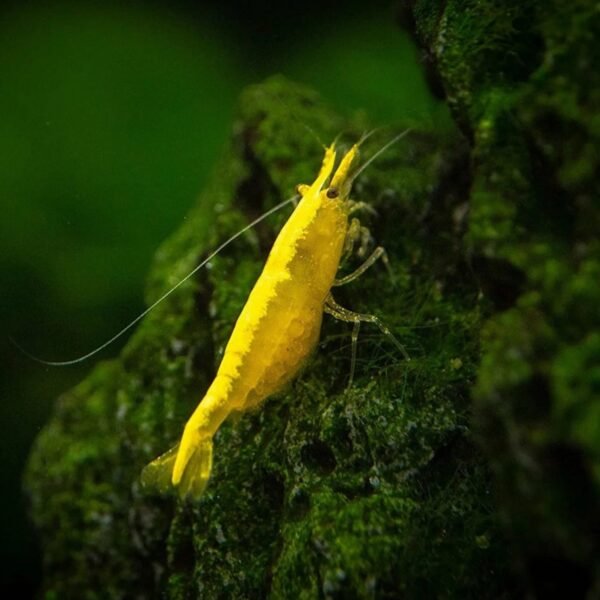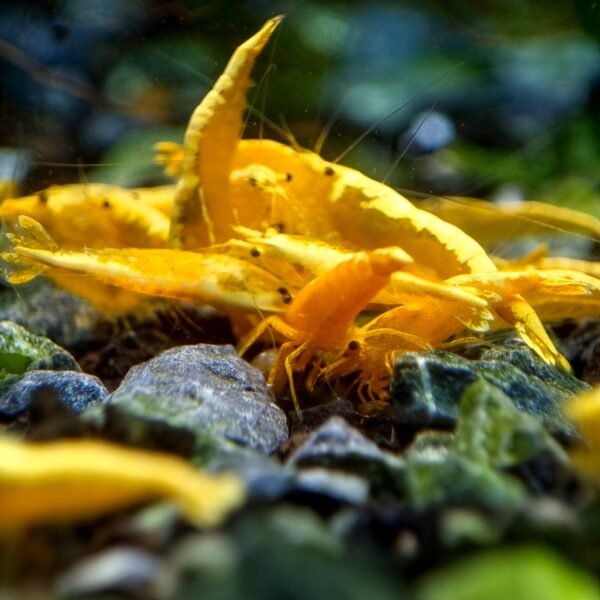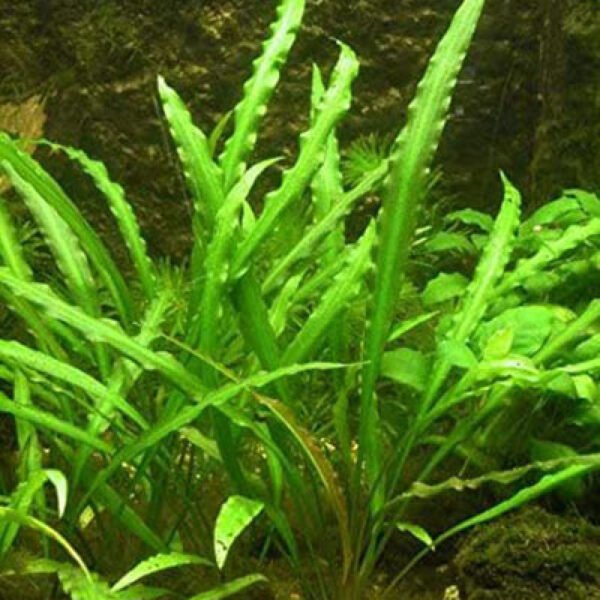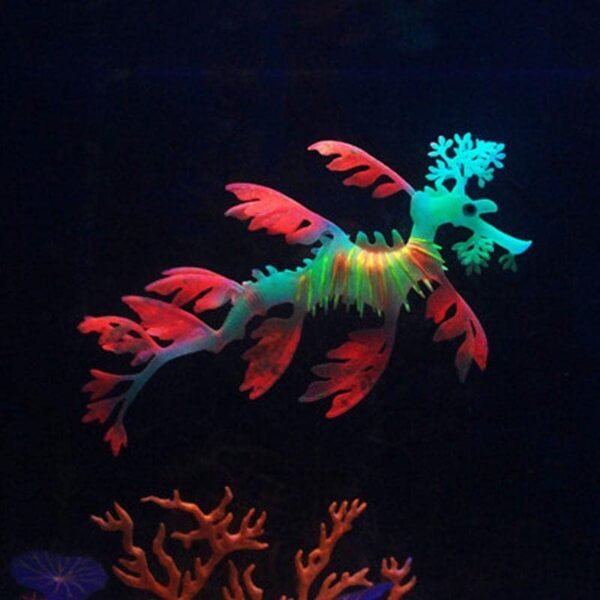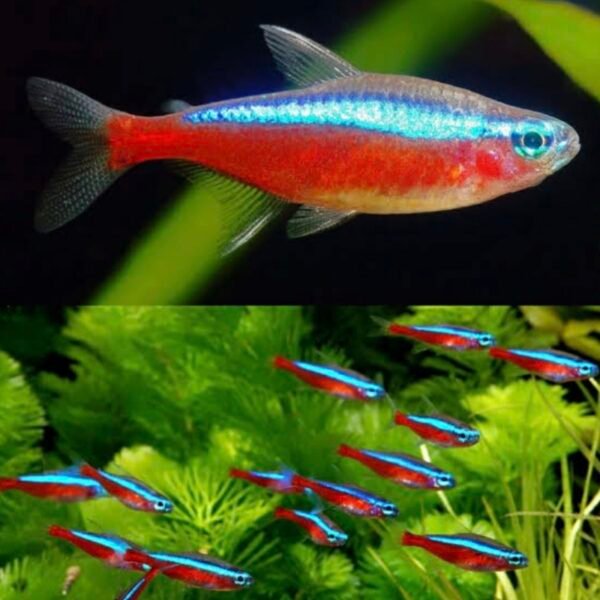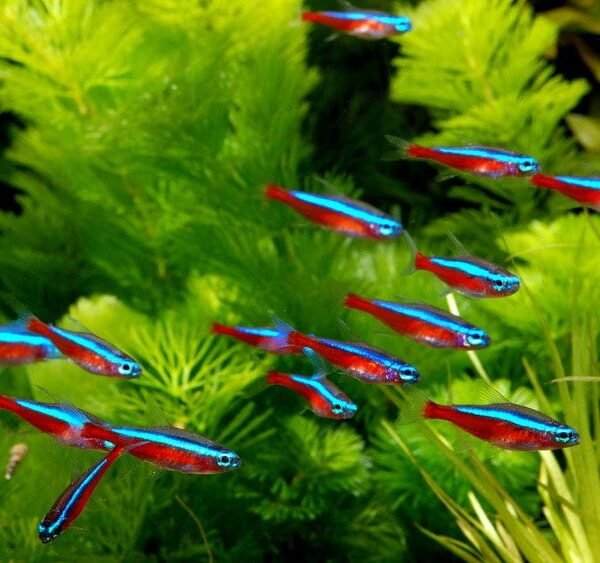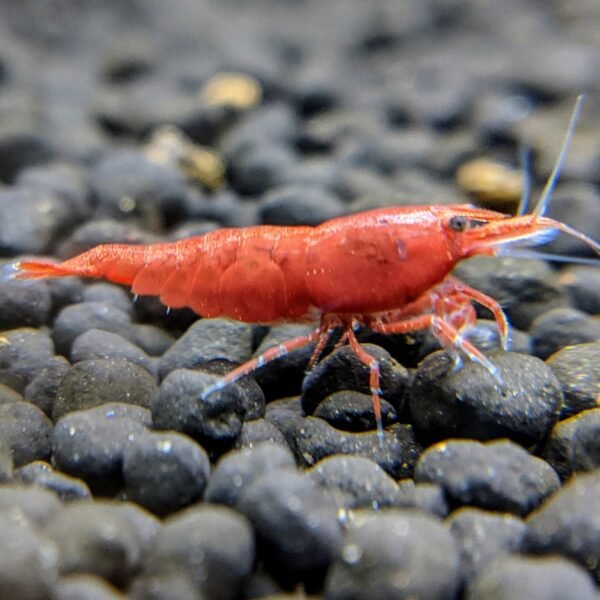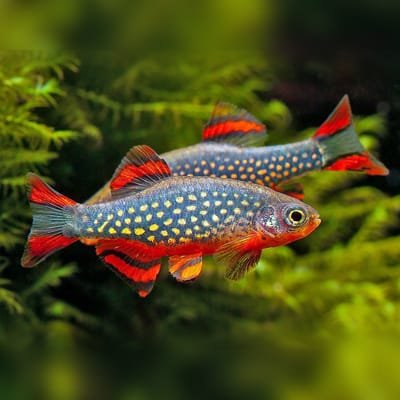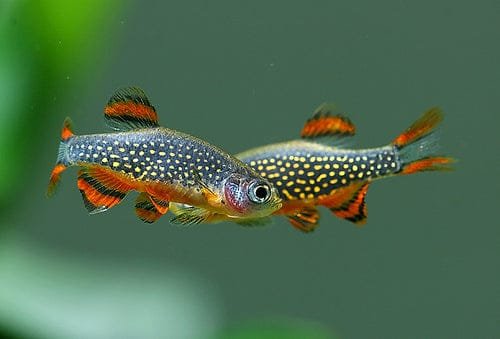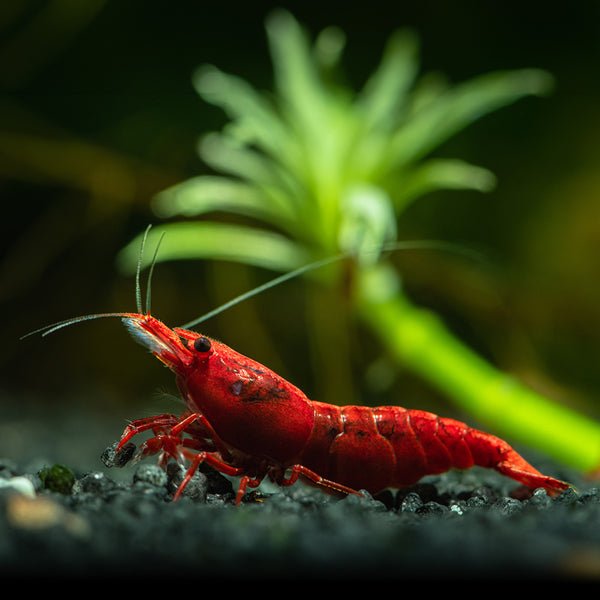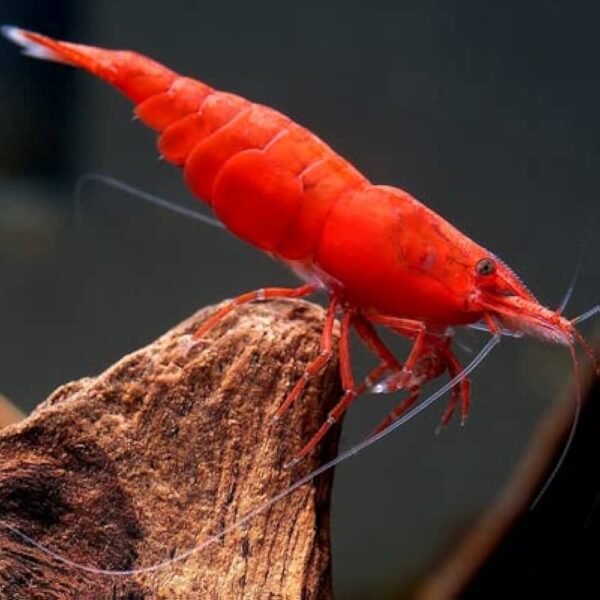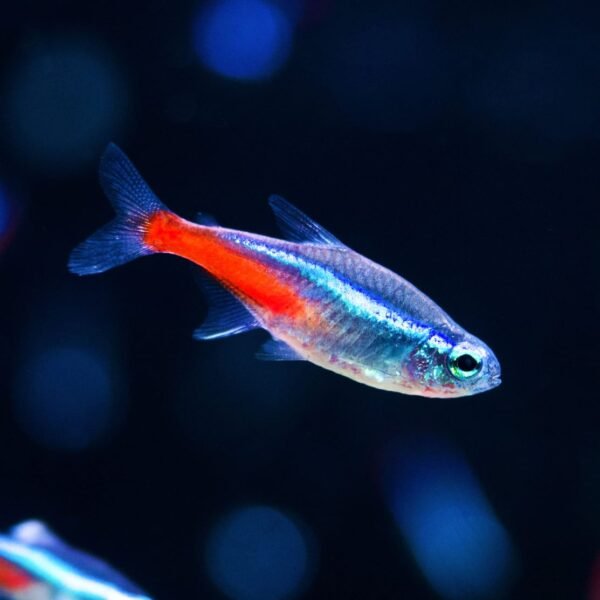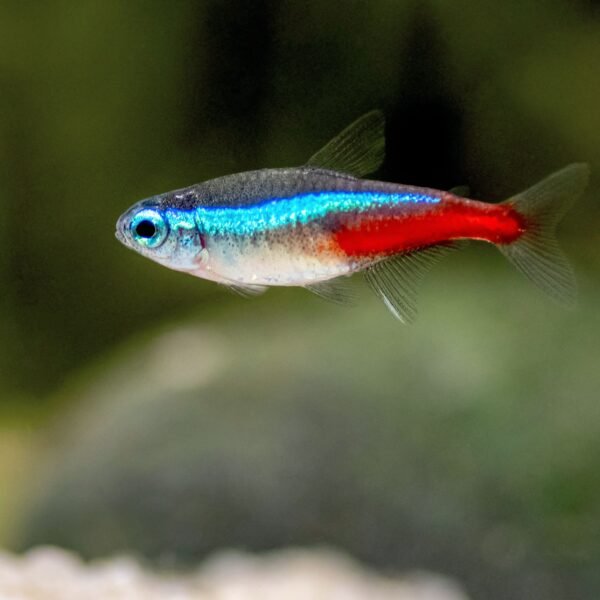Description
🐠 Geo Albino Hegli
📌 Basic Info
-
Scientific Name: Geophagus heckelii (Albino variant)
-
Common Name: Albino Hegli, Albino Threadfin Eartheater
-
Size: 8 – 10 inches (20 – 25 cm)
-
Lifespan: 8 – 12 years
-
Tank Zone: Bottom to Middle
🌊 Water Parameters
-
TDS: 100 – 200 ppm
-
pH: 6.0 – 7.2 (slightly acidic to neutral)
-
Temperature: 25 – 30°C (77 – 86°F)
-
Water Type: Soft, clean, well-oxygenated water
-
Hardness: GH 3–8, KH 2–6
🐟 Characteristics
-
Beautiful albino color with red eyes and flowing fins.
-
Peaceful for a large cichlid, best kept in groups.
-
Known as “eartheaters” because they sift sand for food.
-
Graceful swimmers with long trailing fin rays.
-
Intelligent, interactive, and stunning display fish.
🍽️ Food
-
Type: Omnivorous (with preference for protein-rich diet)
-
Diet: High-quality sinking pellets, frozen bloodworms, brine shrimp, krill, and occasional veggies (peas, cucumber).
-
Feeding Frequency: 1–2 times daily.
🛠️ Maintenance
-
Weekly water change: 25–40%
-
Sand substrate is a must (they sift sand through their gills).
-
Provide rocks, driftwood, and open swimming areas.
-
Needs strong filtration and good aeration.
👥 Social Behavior
-
Minimum Group Size: At least 4–6 (they are schooling cichlids).
-
Tank Mates: Silver Dollars, Severum, Angelfish, larger Tetras, Corydoras, Plecos, peaceful medium-to-large cichlids.
-
Avoid: Aggressive species (Oscars, Flowerhorn, large predatory fish).
✅ Do’s
-
Keep in groups for natural behavior.
-
Use fine sand substrate.
-
Provide hiding spots and open swimming space.
-
Maintain stable warm water with low nitrates.
❌ Don’ts
-
Don’t keep with aggressive or very small fish.
-
Don’t use sharp gravel (can injure gills while sifting).
-
Don’t neglect water changes—sensitive to poor water.
-
Don’t overstock the tank.
⭐ Quick Tips
-
A peaceful and graceful albino cichlid, perfect for large community aquariums.
-
Needs sand, space, and clean water to thrive.
-
Best kept in groups for healthy, natural behavior.

